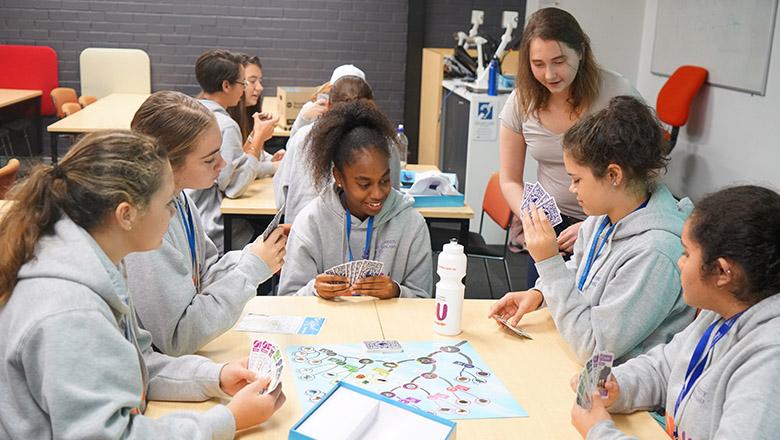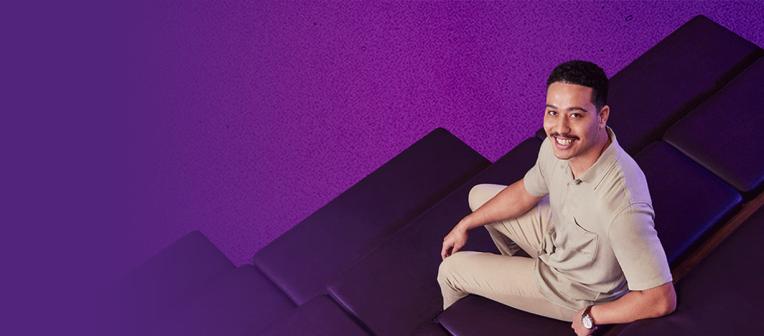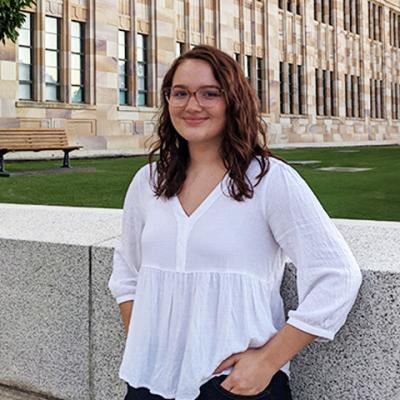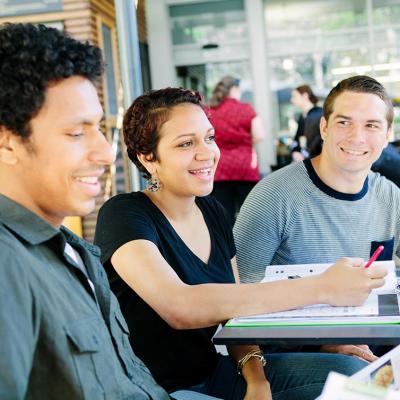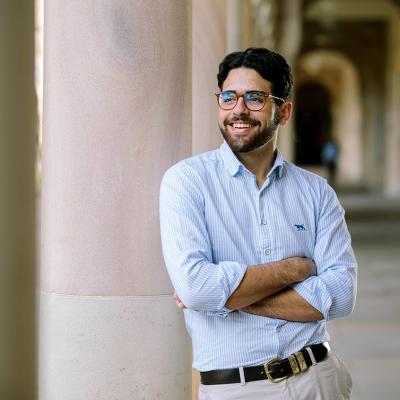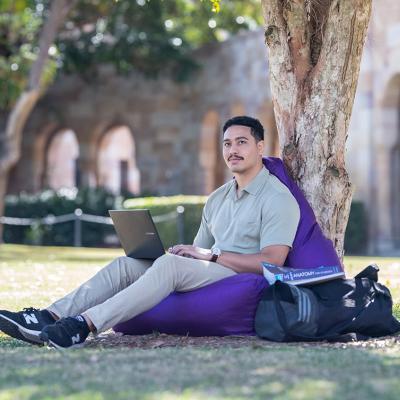The University of Queensland offers many Indigenous study scholarships, helping our Aboriginal and Torres Strait Islander students succeed.
At UQ, we want to ensure that Aboriginal and Torres Strait Islander students can achieve their dreams, irrespective of their background or personal circumstances. This is why UQ offers a wide range of scholarships and student success services specifically designed to help Indigenous students enrol, study, and graduate with us.
Here’s an overview of the Indigenous scholarships available at UQ – alongside some firsthand experiences from Aboriginal and Torres Strait Islander students who have received them.
UQ Indigenous scholarships
A key component of the UQ Reconciliation Action Plan is to encourage greater representation of Indigenous students in higher education. To help achieve this goal, UQ offers a broad range of scholarships in the Aboriginal and Torres Strait Islander Education Scholarship Scheme.
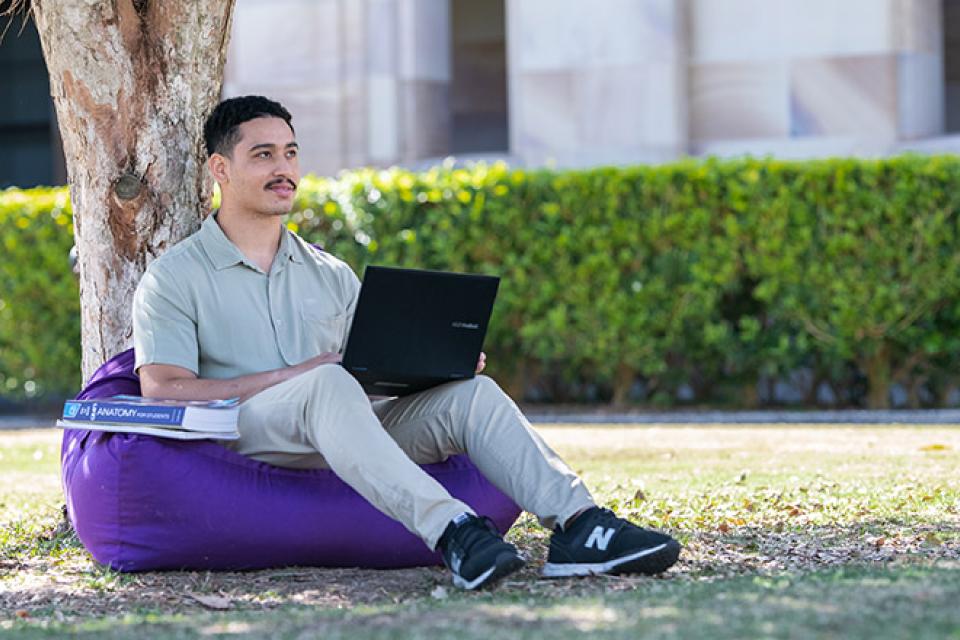
Nathan Sagigi from Thursday Island is a recent recipient of the Geoffrey Huey Sattler Indigenous Scholarship. Read his story.
These are far from the only scholarships available for Aboriginal and Torres Strait Islander students at UQ, though. Some of our schools also offer undergraduate scholarships for Indigenous students in particular disciplines including arts, economics, law, business, research and health. There are Indigenous postgraduate scholarships and PhD scholarships available at UQ as well.
And, of course, Indigenous students are welcome and encouraged to apply for the many scholarships beyond those created specifically for Aboriginal and Torres Strait Islander students. These include scholarships awarded based on academic merit, sporting achievements, and equity and access.
Indigenous scholarships through other organisations
UQ partners with other organisations to increase the range of scholarships available to our Indigenous students even further. For example:
- Otis Carmichael, a Waanyi man and IT graduate, received a $5,000 scholarship from Brisbane business Codebots.
- Hannah Allan, a Burubirangal (Dharug) woman and PhD candidate, is a recipient of UQ’s Aboriginal and Torres Strait Islander Research Training Program scholarship and a top-up scholarship courtesy of CSIRO.
- Kiara Bowater, a Goreng Goreng and Kabi Kabi woman and medicine student, received financial assistance and a paid internship via the NRMA Insurance Aboriginal and Torres Strait Islander Scholarship when she was studying her Bachelor of Science.
“I was really stressed about meeting the cost of living in share housing and uni costs when I first relocated to Brisbane,” says Kiara.
“But I was overjoyed to secure an NRMA Insurance scholarship for my first 3 years. Thanks to this, I was able to sustain good marks throughout my Bachelor of Science.”
Helping Indigenous students succeed at UQ
The opportunities for Aboriginal and Torres Strait Islander students at UQ go much further than the financial aid of scholarships. We also understand that adjusting to uni life can be an academic and emotional challenge for many – especially if you’ve had to move away from home or if you’re the first person in your family to attend university.
UQ’s Aboriginal and Torres Strait Islander Studies (ATSIS) Unit provides Indigenous student success services ranging from general guidance to subject-specific tutoring. Whether you need a friendly face during orientation or a casual place to chill between classes, the ATSIS Unit is here for you.
Hannah is one of the many students who has felt more at home at UQ thanks to this inclusive community. She’s also grateful to be a member of the Goorie Berrimpa Student Collective, which hosts social and sporting events for Aboriginal and Torres Strait Islander students.
“Both Goorie and the Aboriginal and Torres Strait Island Studies Unit – which is filled with amazingly kind and helpful staff – are wonderfully supportive and motivating spaces,” she says.
But you can start getting involved with the ATSIS Unit before you even come to UQ. Kiara’s first experience with the team was actually during high school.
“I first attended one of the ATSIS Unit InspireU education camps in Year 12, followed by plenty of tutoring support in my first undergraduate year,” she says.
“I still engage in social and cultural events arranged by the ATSIS Unit.”
